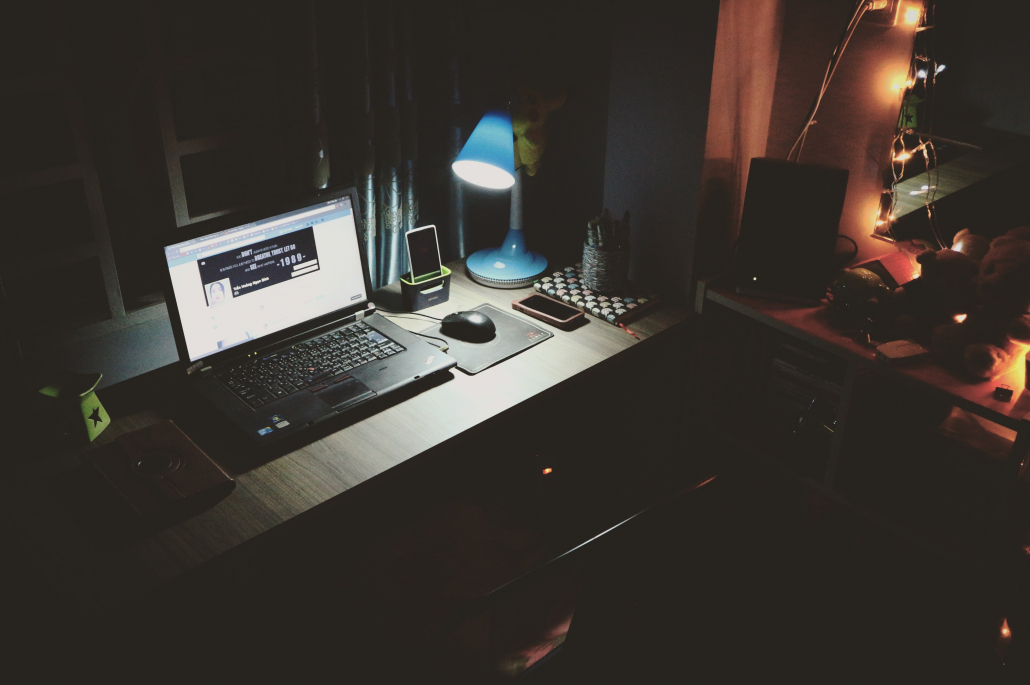Measuring people by their productivity needs to end

As students at a competitive college, all USC students may have felt the pressures of grind culture, or a performative workaholism that measures people by productivity. This culture is perpetrated by competing hours worked, hours slept or units per semester. It is not uncommon to hear students compare the number of hours slept, wearing their all-nighters as badges of honor.
This grind culture sweeps into all communities, making it impossible to avoid. It’s in Nike’s new slogan, “Rise. Grind. Shine. Again,” social media hashtags and LinkedIn updates. Grind culture is inescapable at USC — no matter who you are, what your major is or where you’re from, everyone is affected by this toxic trend.
Grind culture is especially easy to fall into, since it is disguised as a self-improvement movement. Many mistake working hard with caring for oneself. When students take a break from school, they are often accused of being lazy. People who do not participate in grind culture are not seen as simply choosing a different lifestyle decision but as physically and mentally weak — refusing to work on themselves. Peers often think productivity is analogous to self-improvement. This peer pressure makes it almost impossible to not participate in the movement.
The siren song of grind culture sucks people into dangerous patterns. Although there may be some superficial benefits of the movement — such as increased productivity — there are deeper, much more serious consequences. Basing self-worth on superficial measures of work leads to major mental complications.
The very idea of grind culture is extremely detrimental to mental health. When comparing oneself against others, it’s painful to see how there will always be smarter, better and more successful people. Students often place so much stress on themselves since they feel like they have to keep up with the rest of their classmates. To compensate, they will often work for hours upon hours on schoolwork. This constant stress and degradation can make people feel unworthy and tired.
People who participate in grind culture often suffer from mental health conditions. Common mental health issues include depression, perfectionism and anxiety. When one bases oneself on surface-level comparisons of productivity, self-esteem becomes extremely fragile. Students will go too hard on themselves for failing to be productive, leading to self-esteem problems.
On a physical sense, grind culture leads to toxic work patterns and exhaustion. Many people work more than 12 hours a day, slaving away at homework, studying, exercising and working. After months or even years of this extreme schedule, students may develop health issues. Grind culture takes a physical toll on those who participate, tearing them down to the bone.
Valuing oneself and others on productivity ruins the organic relationships and appreciation people should have for each other. As people, there are so many, much more meaningful metrics to base self-worth on. Dwindling down individuals to simple metrics dehumanizes people. When students compare others, it should never be about how little someone sleeps or how many units someone takes; it should be about more personal, important qualities.
Instead of using productivity as a metric, students should learn to prioritize healthier alternatives. Learning and working should be about personal, organic growth, not harmful competition. Instead of comparing hours worked or units taken, people should focus on real measures of humanity. Students need to realize their identity is much more than their productivity.
Students at USC should not participate in such an unhealthy movement. Instead, the school and its students should learn to foster a more person-centered way of growing. The current peer pressure and social expectations need to change.

